In Uganda, Teenage Mothers Face Stark Choices, But Safe Haven Africa Offers a Lifeline
Every year, thousands of Ugandan teenage girls become mothers, many facing rejection, stigma, or even homelessness. The future often looks bleak: limited education, few job opportunities, and traumatic memories that can feel impossible to overcome. For most, the isolation and poverty that come with young motherhood are nearly unbreakable cycles. Why does a problem so visible remain so hard to address? Is there a way out that doesn’t simply bandage the wound, but actually sets these young women up for courage, dignity, and hope?
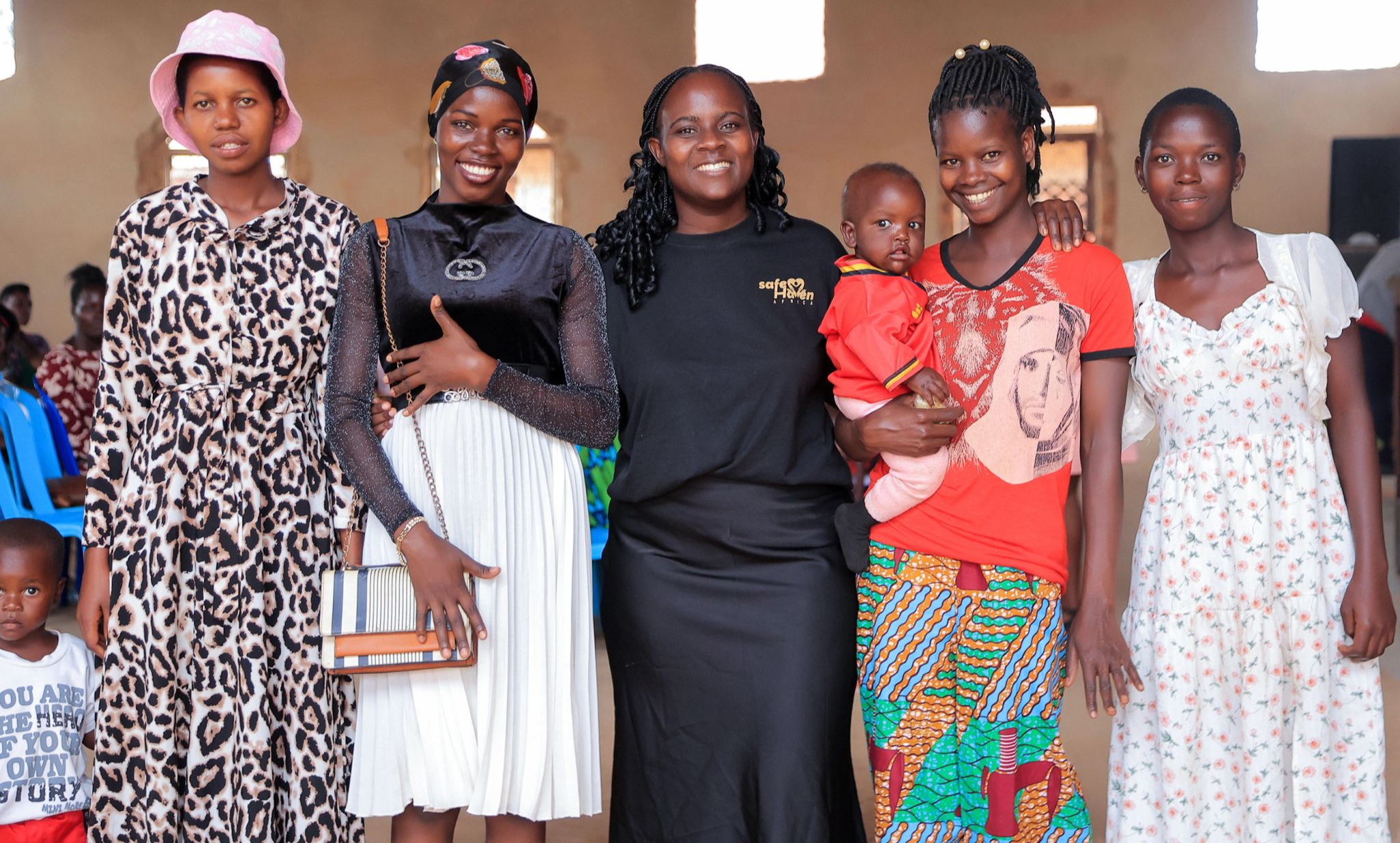
Vocational training and trauma-informed healing may sound like buzzwords, but for Uganda’s most at-risk young mothers, they make the critical difference between despair and resilience. Programs that address both skill-building and psychological support aren’t just formulaic interventions, they’re a chance to reclaim agency. As the stories from Uganda’s front lines show, the lack of these resources can mean generations trapped in hardship. By exploring how visionary leaders create pathways for meaningful change, combining support, training, and community, we discover why thoughtful approaches matter, and how they are rewriting futures in places most overlook.
Why Vocational Training and Healing Are Lifelines for Teenage Mothers in Uganda
At its heart, vocational training equips teenage mothers with practical skills, tailoring, farming, crafts, and even entrepreneurial know-how, that can transform day-to-day survival into self-sufficiency. But education for work alone is not enough. Many young women have endured trauma, violence, or neglect; healing support, such as counseling and safe community environments, is an equally essential pillar. Without a holistic focus on both financial empowerment and emotional well-being, the cycle of poverty, shame, and vulnerability often continues unbroken.
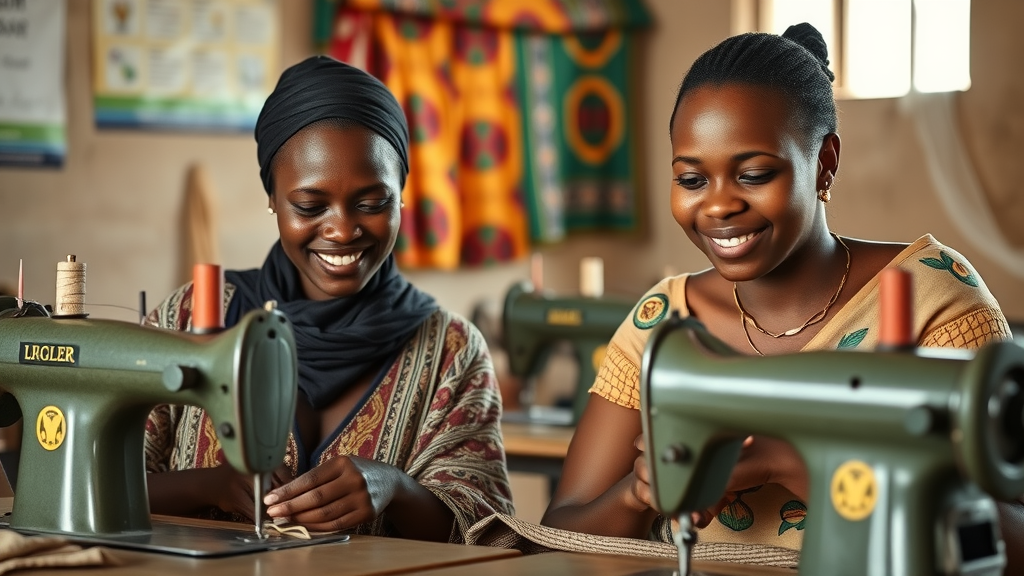
In Uganda’s social and economic landscape, where access to schooling is often cut short by pregnancy or forced marriage, programs blending vocational training with emotional healing stand in sharp contrast to piecemeal aid. Organizations addressing both are not only giving young mothers marketable talents but also the inner strength to navigate stigma, process grief, and embrace motherhood on their own terms. Failing to recognize this dual need leaves many behind, facing limited prospects and untreated trauma that impacts both mothers and their children for life.
Bold Pathways: How Integrated Support Restores Hope and Opportunity
Safe Haven Outreaches, founded by Gladys Katenda, has earned a reputation for walking “a journey of love, sacrifice, compassion, and hope” alongside Uganda’s teenage mothers. Their model stands as an expert contribution to the humanitarian field: offering free vocational training not just as charity, but as a fire-starter for dignity and economic independence. Young mothers gain skills, such as tailoring, farming, and bakery, that provide immediate routes to income and long-term opportunity. Crucially, these new abilities stem from a place of non-judgmental support, honoring each girl’s unique story.
Blending hands-on learning with a nurturing environment, this approach recognizes the complexity of each girl’s experience. Safe Haven Outreaches also provides counseling, emotional support, and peer connection, ensuring the trauma many bring is not ignored or trivialized. The end result is more than education; it’s the re-building of lives with resilience at their core. As Uganda continues to grapple with systematic barriers, the demonstrated impact of this combined model becomes a powerful beacon. It is not just skills-training in isolation, but real restoration of hope and the future, woven through expert design and care.
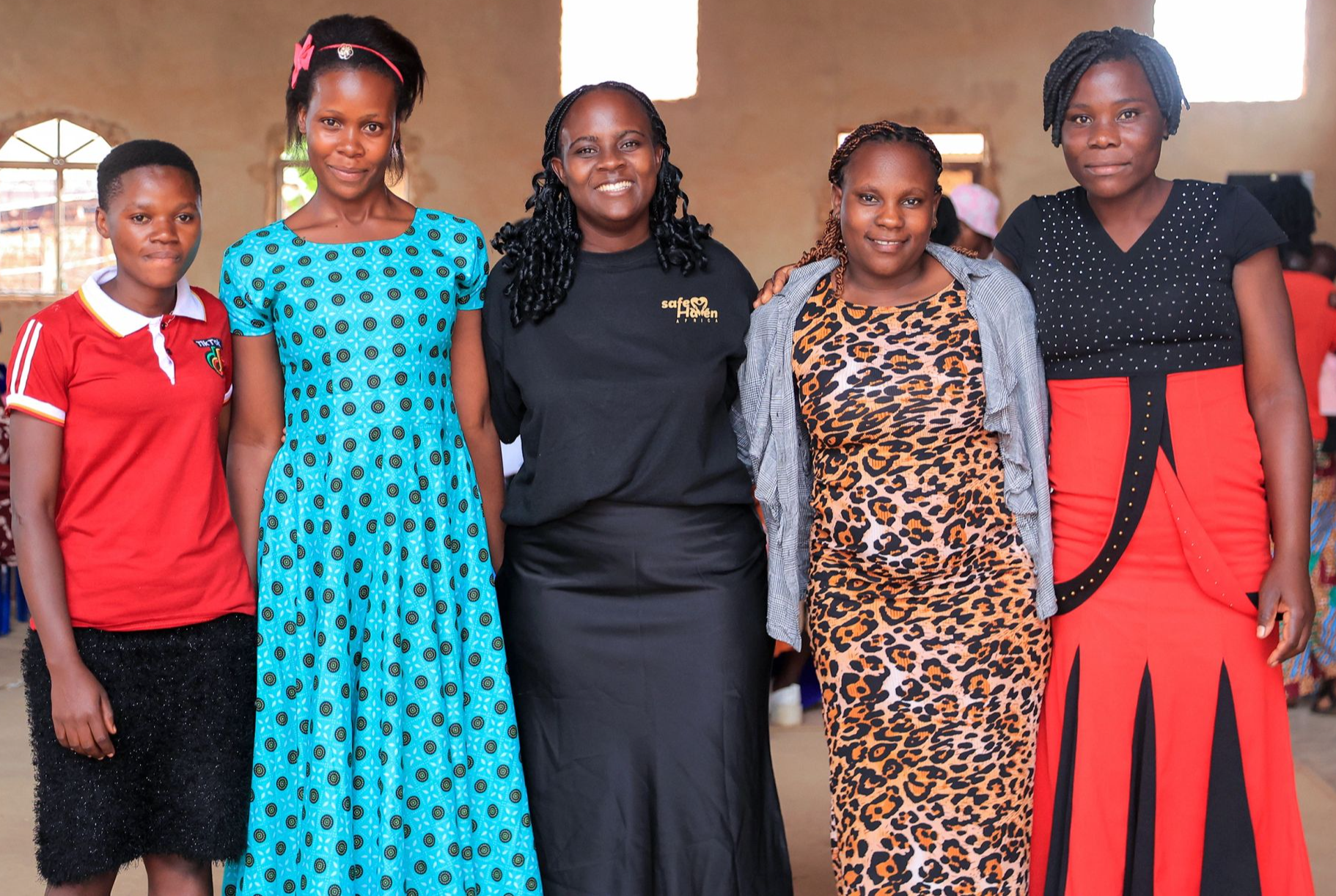
From Vulnerability to Vision: How Trauma-Informed Care Changes the Game for Young Mothers
Teenage pregnancy in Uganda often leads to girls being shunned, abandoned, or forced out of school. The stigma is heavy, and the trauma, sometimes rooted in violence, can be lasting. Organizations informed by these lived realities, such as Safe Haven Outreaches, base their work on trust, confidentiality, and the dignity of each participant. The philosophy is simple but powerful: young mothers cannot thrive on practical skills alone; they need to be seen, heard, and supported as whole people.
Programs prioritizing trauma-informed support reduce anxiety, build emotional resilience, and open the possibility for healing. For the young women enrolled, this can mean everything: less isolation, improved self-worth, and the courage to envision brighter futures for themselves and their children. When stable housing, ongoing counseling, and peer-to-peer relationship building join practical learning, the cycle of despair can finally be broken.
Unlocking Future Potential: How Vocational Skills Ripple Through Generations
In practical terms, vocational skills don’t end at the individual—they create a ripple effect that benefits entire families. Safe Haven Outreaches equips girls not only to earn, but to lead: tailoring, farming, and bakery projects provide both vital income and role model visibility for their children. Children with access to stable homes and mothers with agency and earning power are more likely to attend school and enjoy better nutrition and health. These outcomes form the roots of long-term community transformation.
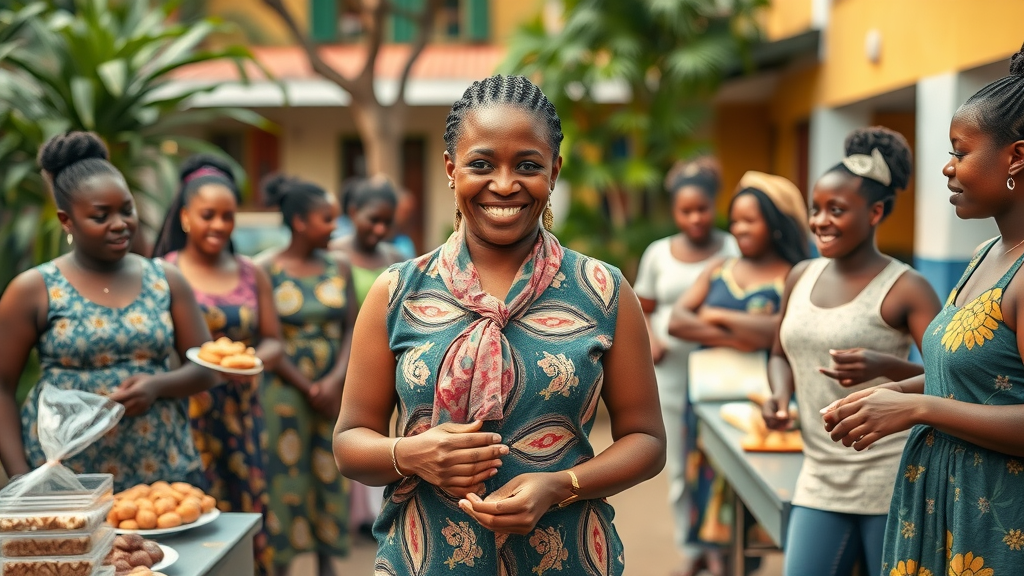
Beyond direct training, such programs encourage local entrepreneurship, reduce dependency on aid, and empower young mothers to advocate for themselves and others. Over time, even the stigma that once blocked opportunity begins to erode, replaced by new narratives of strength, capability, and shared purpose across generations. Such integrated support moves beyond crisis management—it becomes the foundation for a future where resilience is the expectation, not the exception.
From Silence to Solidarity: The Importance of Community and Peer Support
For many newly pregnant teens, the hardest journey is often leaving behind the shame-based isolation they carry. Safe Haven Outreaches creates intentional spaces where young mothers can connect, share experiences, and find encouragement in each other’s successes and setbacks. Structured peer support groups foster not only friendship, but also accountability and lifelong learning—key ingredients in maintaining confidence well after training ends.
This sustained community unlocks a sense of belonging that many thought lost, and creates a multiplier for hope. It signals that “no one is alone” and that overcoming obstacles is not only possible, but expected. In a context where stigma can silence dreams, solidarity brings them to life.
Safe Haven Africa’s Guiding Philosophy: Rewriting Stories with Compassion and Courage
The work of Safe Haven Outreaches arises from Founder Gladys Katenda’s unwavering belief in “walking this journey of love, sacrifice, compassion, and hope” with Uganda’s most marginalized teenage mothers. The organization’s mission is grounded in the conviction that everyone deserves restoration and belonging, regardless of their circumstances. Vocational training is offered as a right, not a handout, ensuring that dignity and self-worth are rebuilt alongside practical skills.
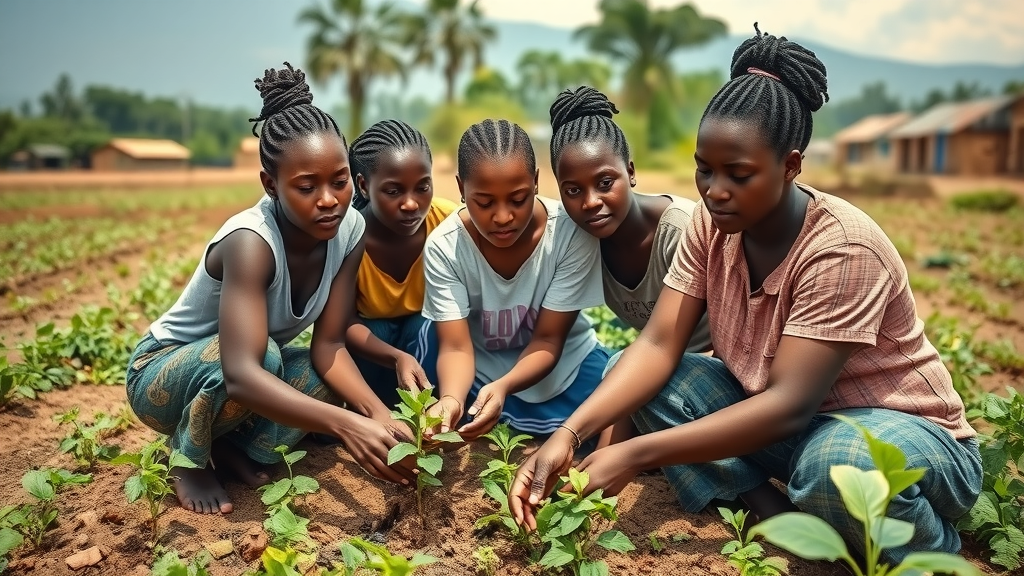
Their approach is distinctively personal: each girl is seen not through the lens of charity, but as a capable contributor. By placing equal weight on emotional healing and professional training, Safe Haven Africa redefines what it means to help, focusing on partnership over pity. At its core, the work is guided by courage, the courage to face hard truths, to reject the status quo, and to create real options for the futures of Uganda’s teenage mothers.
This philosophy cultivates trust, resilience, and transformation. The investment is not just in “rescue”—it is in long-term change that impacts individuals, families, and the broader community for years to come.
Stories of Change: Testimonials from Those Who’ve Walked the Path
While expert strategies and thoughtful programs matter, it is ultimately the voices of those impacted that prove their worth. One mother’s experience stands as a testament to what is possible through this blend of support and skill-building:
[[review_one_text]]
The power of a single story, echoed by so many mothers in Uganda, shows how vocational training and trauma-informed care can pave the way for healing, agency, and hope. For every girl empowered to care for herself and her child, and to envision a different life, the transformation is both personal and communal. Taking the next step, whether seeking help, supporting such programs, or sharing these successes, ensures that the cycle of despair can be replaced by a new narrative of possibility.
Uganda’s Brighter Tomorrow: Vocational Training and Healing Are Changing the Story for Teenage Mothers
With each skill mastered and each life rebuilt, the story of Uganda’s teenage mothers is being rewritten, one marked by resilience, possibility, and dignity. Safe Haven Outreaches continues to model what’s possible when holistic care meets practical support, pioneered by a commitment to compassion and courage. Vocational training and trauma-healing are more than interventions: they are the foundation for generational change. As more young women find hope and resources, the vision for a brighter, empowered Uganda moves from possibility to reality.
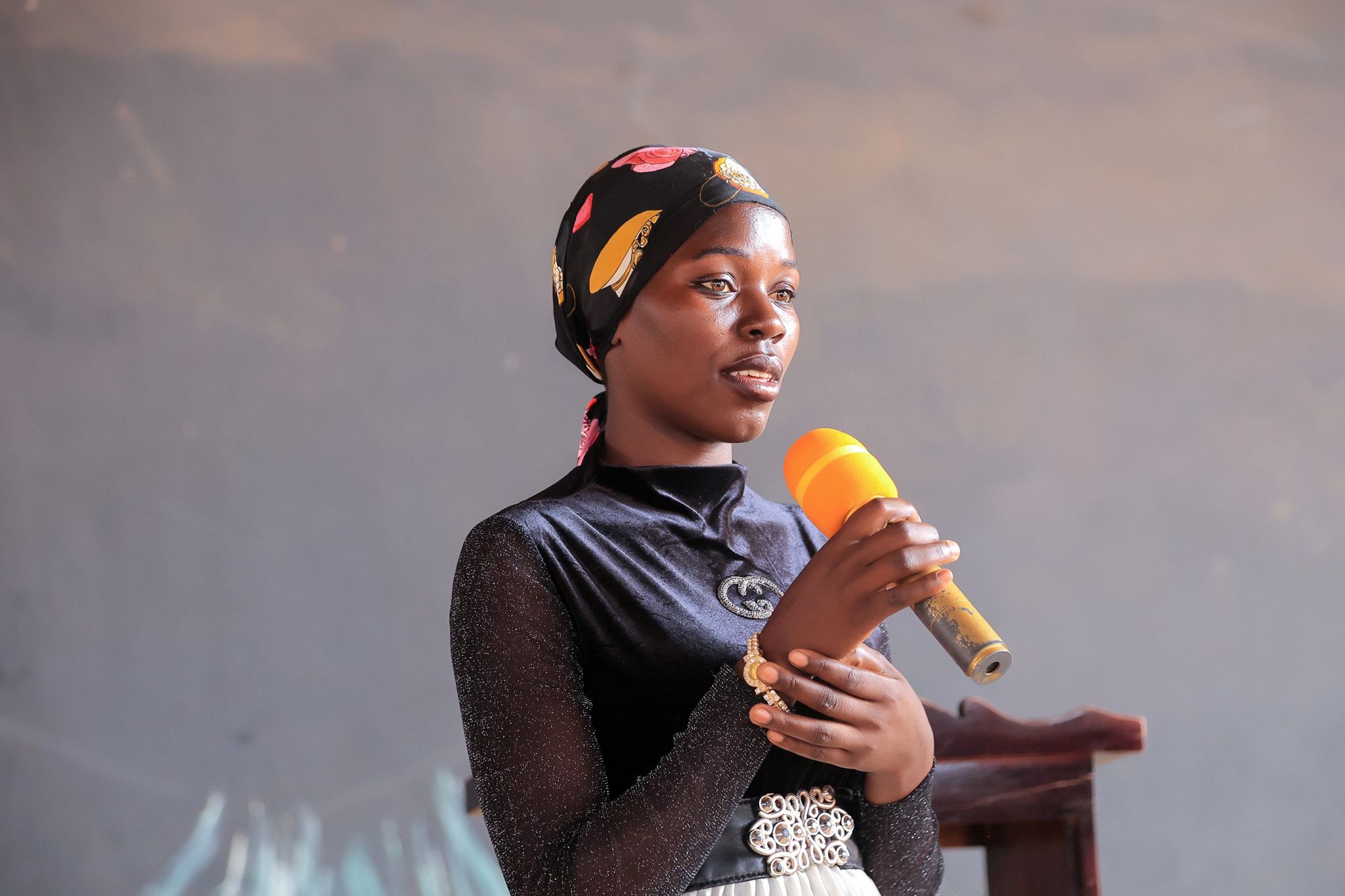
As the work of Safe Haven Africa demonstrates, combining vocational training with holistic healing ensures that Uganda’s youngest mothers are not defined by their circumstances, but by their strength to rise above them.
Contact the Experts at Safe Haven Africa
If you’d like to learn more about how vocational training and healing for teenage mothers in Uganda could benefit your community or organization, contact the team at Safe Haven Outreaches.
📍 Address: Founder Gladys Katenda - Safe Haven Africa, Kampala, Uganda
📞 Phone: +256 787 300008
🌐 Website: https://safehavenafrica.org
Safe Haven Outreaches Location and Availability
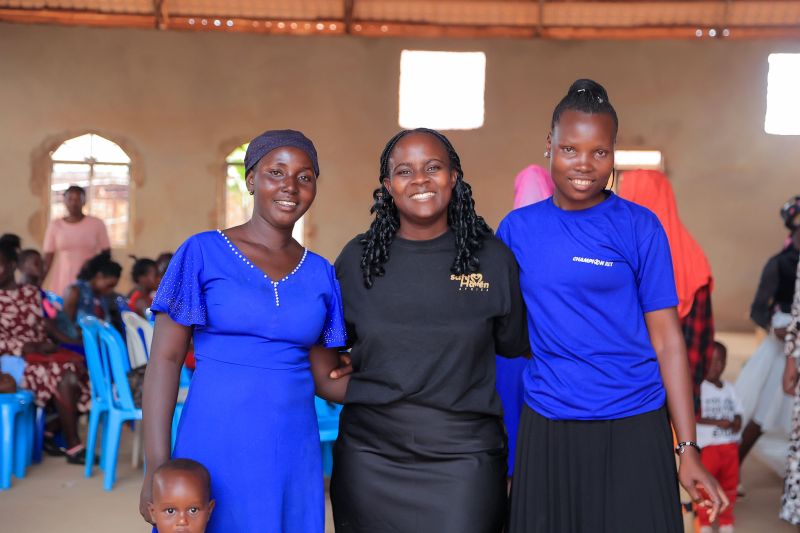
 Add Row
Add Row  Add
Add 





Write A Comment